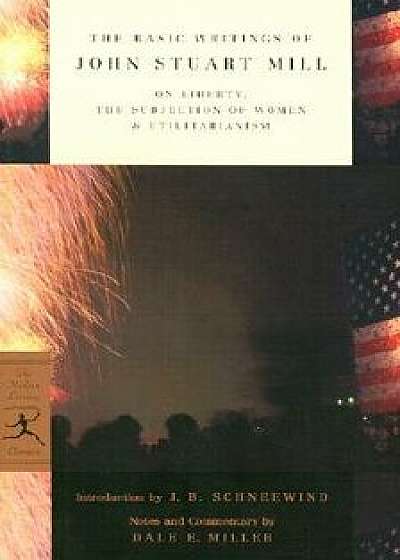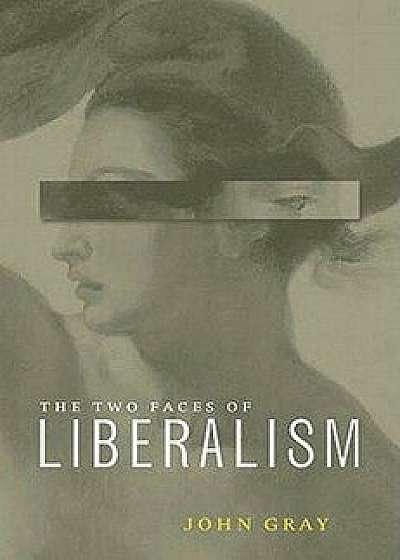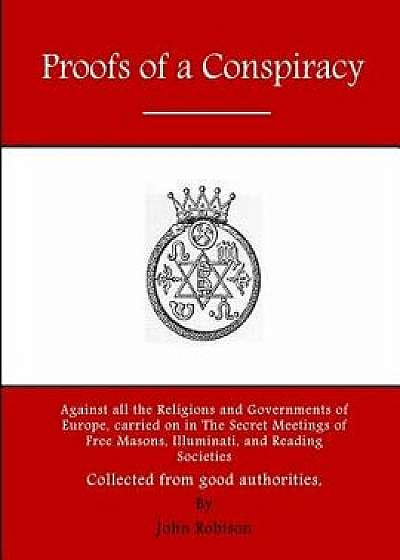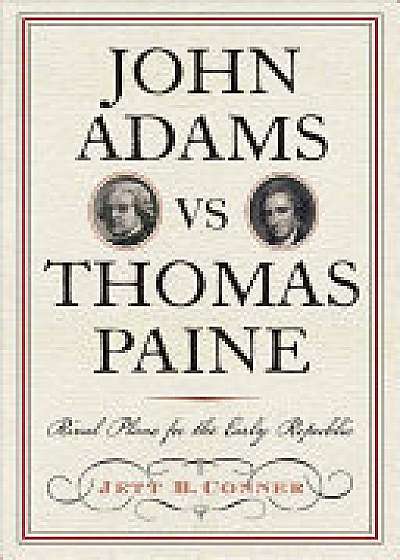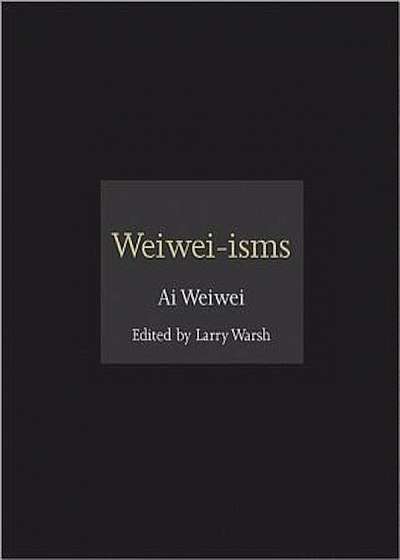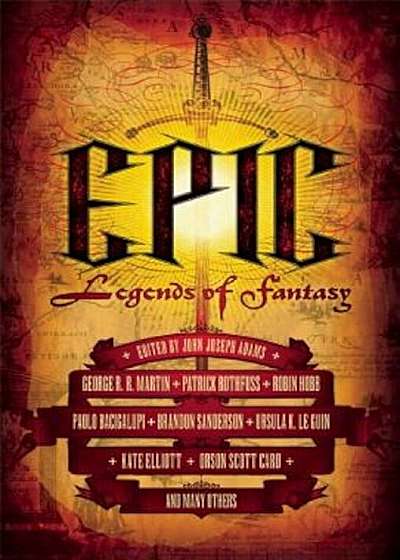
Thoughts on Government, Paperback/John Adams
Descriere
Thoughts on Government, or in full Thoughts on Government, Applicable to the Present State of the American Colonies, was written by John Adams during the spring of 1776 in response to a resolution of the North Carolina Provincial Congress which requested Adams' suggestions on the establishment of a new government and the drafting of a constitution. Adams says that "Politics is the Science of human Happiness -and the Felicity of Societies depends on the Constitutions of Government under which they live." Many of the ideas put forth in Adams' essay were adopted in December 1776 by the framers of North Carolina's first constitution. The document is notable in that Adams sketches out the three branches of American government: the executive, judicial, and legislative branches, all with a system of checks and balances. Furthermore, in response to Common Sense by Thomas Paine, Adams rejects the idea of a single legislative body, fearing it may become tyrannical or self-serving (as in the case of Holland at the time). Thus, Adams also conceived of the idea that two legislative bodies should serve as checks to the power of the other. John Adams (October 30 1735 - July 4, 1826) was the second president of the United States (1797-1801), having earlier served as the first vice president of the United States (1789-1797). An American Founding Father, Adams was a statesman, diplomat, and a leading advocate of American independence from Great Britain. Well educated, he was an Enlightenment political theorist who promoted republicanism, as well as a strong central government, and wrote prolifically about his often seminal ideas-both in published works and in letters to his wife and key adviser Abigail Adams. Adams was a lifelong opponent of slavery, having never bought a slave. In 1770 he provided a principled, controversial, and successful legal defense to the British soldiers accused in the Boston Massacre, because he believed in the right to counsel and the "protect ion] of innoc
